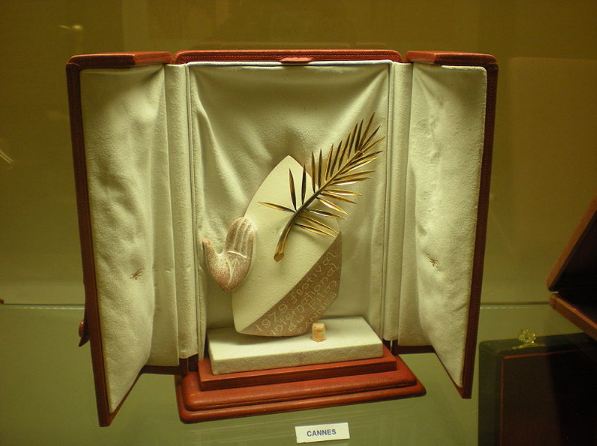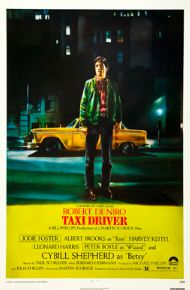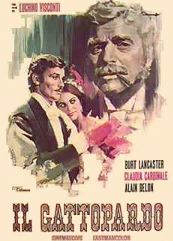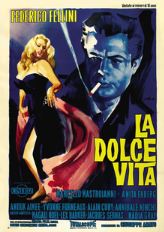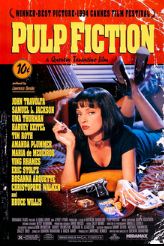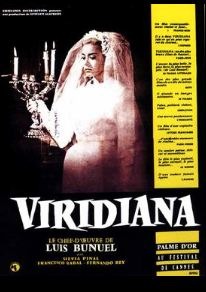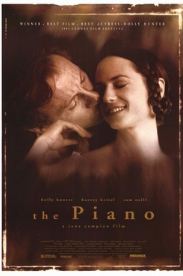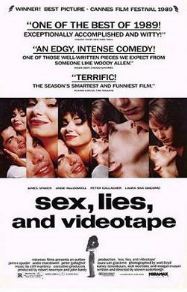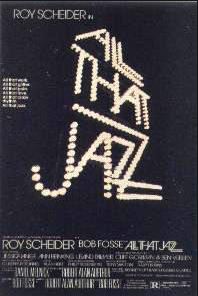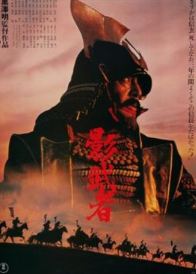2020 marks the 73rd year of the Cannes Film Festival. It brings film lovers and filmmakers from all around the world to one gorgeous cinematic celebration. The hype of the annual awards drives the perception that the highest prize in the film industry is Oscar. But for several cinephiles and filmmakers around the globe, the Palme d’Or outcomes all.
The shimmering Golden Palm, originally known as the Grand Prix, has played a vital role in advancing the careers of many actors. For seven decades, juries have granted an impressive range of cinematic achievements to people who deserve it. But a few of these awards were worthier than others.
We have come up with the list of Palme d’Or winners over a period in a ranked order. If you are unfamiliar with these titles, check out this list till the end.
1. Taxi Driver (1976)
Quentin Tarantino, a fellow Palme d’Or winner, once called this movie as the substantial first-person character study ever to be carried out in a movie, and no one can disagree with it. The most remarkable thing about this period in the career of Scorsese is that he could precisely look in the eyes of a racist psychopath like Travis Bickle, and cinematically invite us into his world in a way that made us understand him and the character.
The hallucinatory imagery of Scorsese mixed with the brassy score of Bernard Herrmann and the voiceover of screenwriter Paul Schrader construct a nightmare vision of 1976 New York.
In short, the movie sets us up to resist the madness and violence in a jarring, uncomfortable, and bloody way by the end.
2. The Leopard (1963)
1963 winner, underneath the lush trapping of Luchino Visconti, beats the heart of most devastating political and personal dramas. Adapted from the novel of the same name, Giuseppe Tomasi di Lampedusa, the Italian hero, follows the Sicilian aristocracy’s waning days through the eyes of the eponymous leopard himself.
Burt Lancaster playing the role of Don FabrizioCorbera, is one of his best parts. For Visconti, the two astonished long sequences alone have crowning achievements and marked the movie as a masterpiece. The film is about the inescapable passage of time, and the first cut of Visconti pushed a 205-minute runtime. Still, it is a movie that demands to be seen till the end and deserves appreciation.
3. La Dolce Vita (1960)
The magnum opus of Federico Fellini is an excellent story about searching for the appellative sweet life in Rome over seven days. The movie by Fellini was a massive hit and sealed his place as of the significant filmmakers of the cinema. Also, the film gave the world smart new words and sayings, bold fashion, and some implausibly substantial empirical questions to chew on.
4. Pulp Fiction (1994)
Quentin Tarantino became Quentin Tarantino with his unconventional, bold, highly influential, and brash film, Pulp Fiction. Full of self-referential, postmodern quirks and elevated dialogue, Pulp Fiction completely changed how we make and watch films.
In the years after its release, the movie inspired infinite imitators with its interconnected plot lines told from random order and various perspectives. When it premiered at Cannes, no one could have predicted that the movie will cause an international sensation, but the viewers knew at once that what they have watched had never done before.
5. Apocalypse Now (1979)
In the 1970s, Francis Ford Coppola had a winning streak, and that generation saw him direct some of the masterpiece films in the American canon. The movie was a loose adaptation of Heart of Darkness by Joseph Conrad, set during the Vietnam War.
The war of Coppola, whether on screen or off, is hell, and its extreme mankind’s view stays one of the most disturbing and striking films ever made.
6. Viridiana (1961)
When a film that got denounced by the Vatican and banned in its home country wins the Palme d’Or, it makes people think that it must be doing something right. The same is the case with a 1961 masterpiece of Luis Buñuel, which feels daring in the same way it would today even after 60 years.
What happens is that the dreamlike master turns his attention to an amateur person. The plan of that person to take her vows gets tangled via an invitation to visit her uncle. He was the one who sees the resemblance of his departed wife in his niece. Buñuel made a career from what was scandalous and portrayed with the kind of mystery and wittiness.
7. The Piano (1993)
Holly Hunter played the role of a mute who traveled with her young daughter after being sold by her father into marriage, from Scotland to New Zealand. The name of the character was Ada, and that of the other one was Anna Paquin.
When the suitor of Ada discards her piano, the coupling gets cooled right away. Furthermore, when Ada started an affair with Baines, another frontiersman, the marriage sees further complications. The erotic drama of Jane Campion is feasibly infamous for being the single winner, directed by a woman.
8. Sex, Lies, and Videotape (1989)
The directorial debut of Steven Soderbergh proved himself as one of the considerable contemporary directors, and it also stimulated the 1990s independent film movement and settled Miramax Films as a cinematic highflyer.
But beyond its legacy, the movie itself investigated relationships and sexuality in the edgy and frank way, with James Spader in the role of a drifter who causes a breach between an emotionally insubstantial married pair.
9. All That Jazz (1990)
The most beloved movie of Bob Fosse might be Cabaret, but All That Jazz (his autobiographical) is the preferable musical, an entirely unexpected and original look at an artist as he questions his work, life, and relationships. Fosse’s avatar, Joe Gideon, stared by Roy Scheider. Despite failing relationships and the failing health of Roy Scheider, he strives to cement his legacy as a theater hulk.
10. Kagemusha (1980)
In the twilight of his career, Akira Kurosawa delivered two of his significant cinematic accomplishments. Both of them were not only expensive, but ambitious timepiece chronicles that several filmmakers invest all their money trying to make.
Kurosawa, with Ran and Kagemusha, managed to convey a pair of historical masterpieces about the history of passionate leaders and warring kingdoms of Japan. He, in 1980, won his first Plame d’Or for Kagemusha, and it was the time when several filmmakers have set right with an honorary lifetime achievement award.
With time, this film has grown richer. The vivid drama of the filmmaker involves the story of a willful thief. Kagemusha becomes a captivating contemplation on the despair of fading people struggling to keep up appearances as Japan integrated its power on the battleground.
Conclusion
These are a few top Palme d’Or winner movies that you must know about and watch. There is a long list of such historical works of art in the cinematic industry that needs to be viewed. However, the listed ones are the best of their time. They still receive the same appreciation in today’s time as they did at the time of their release.

